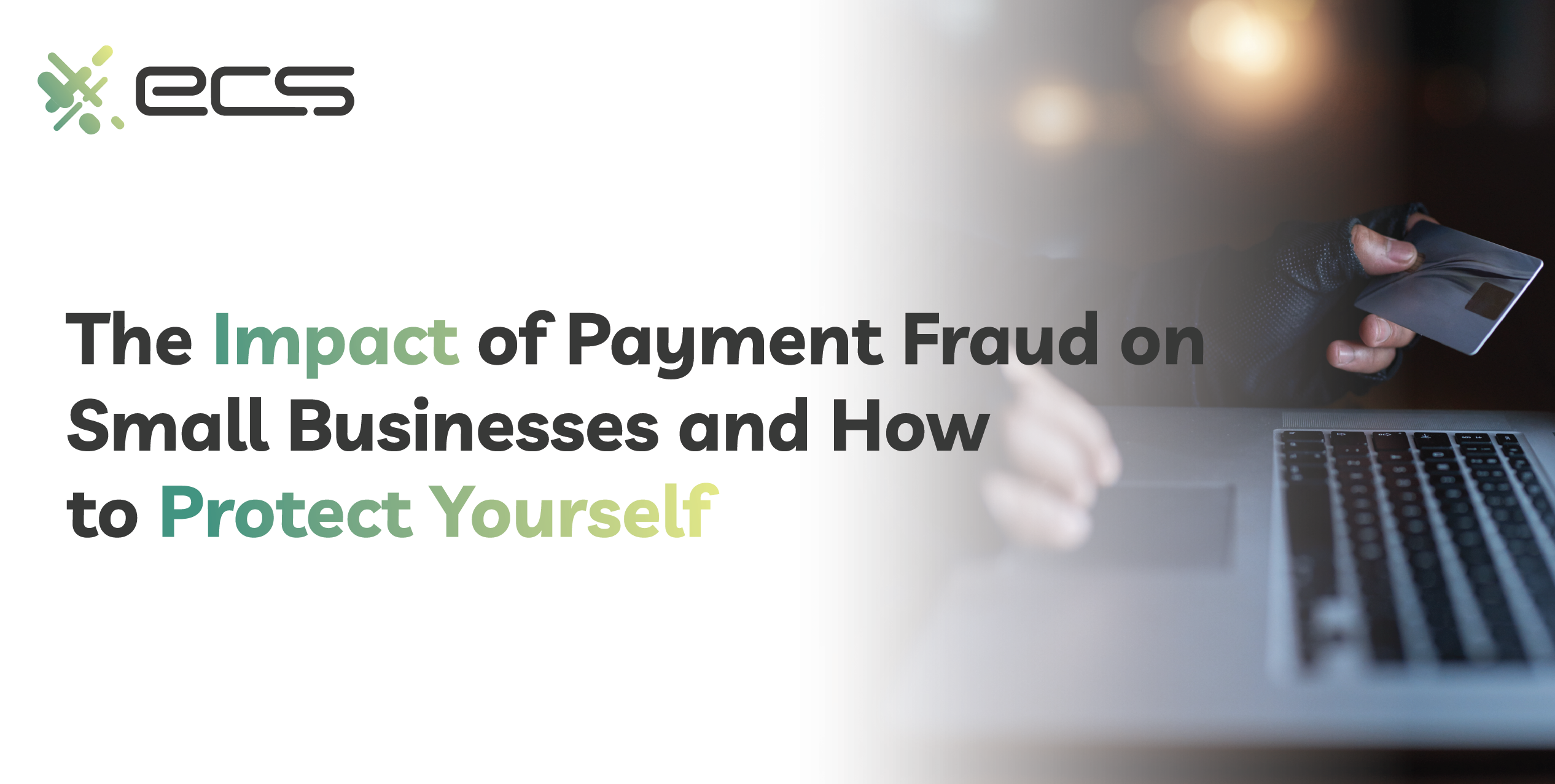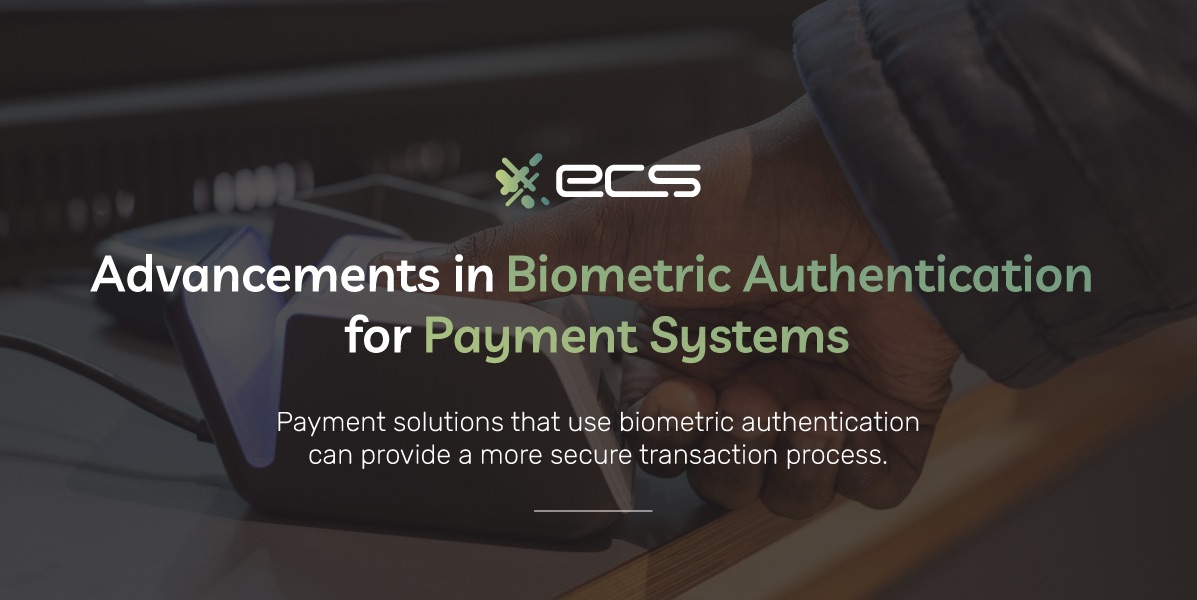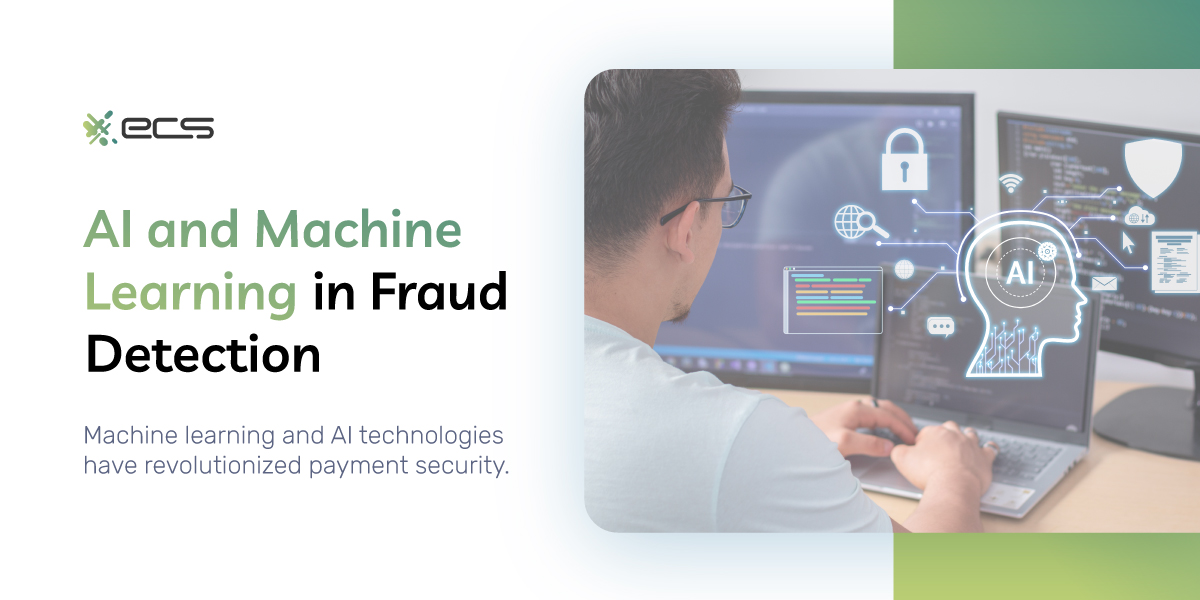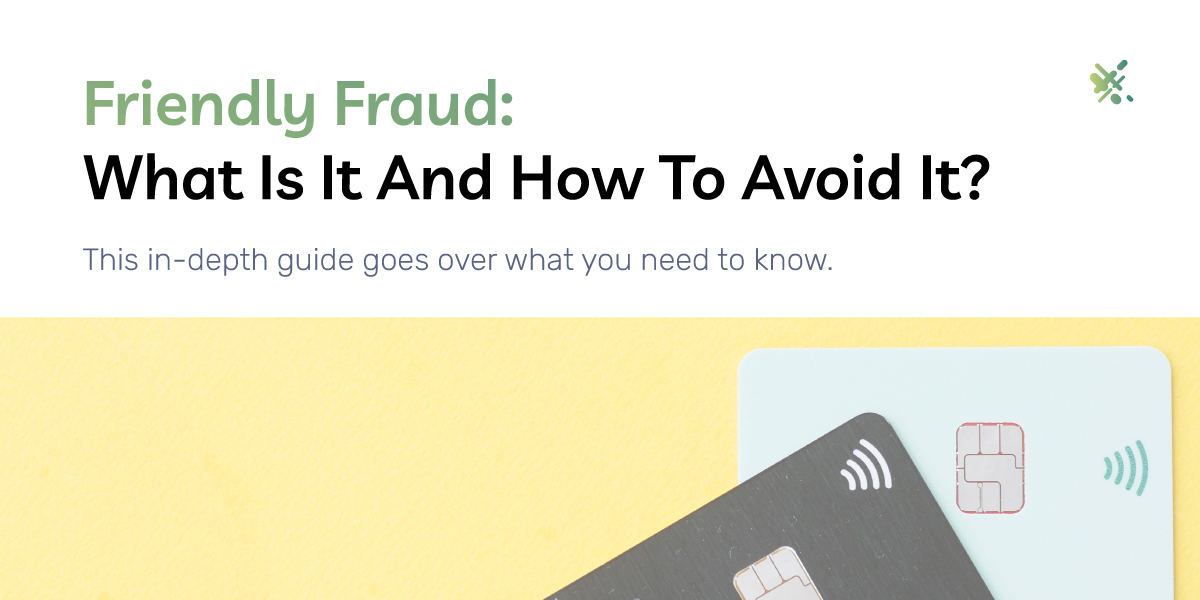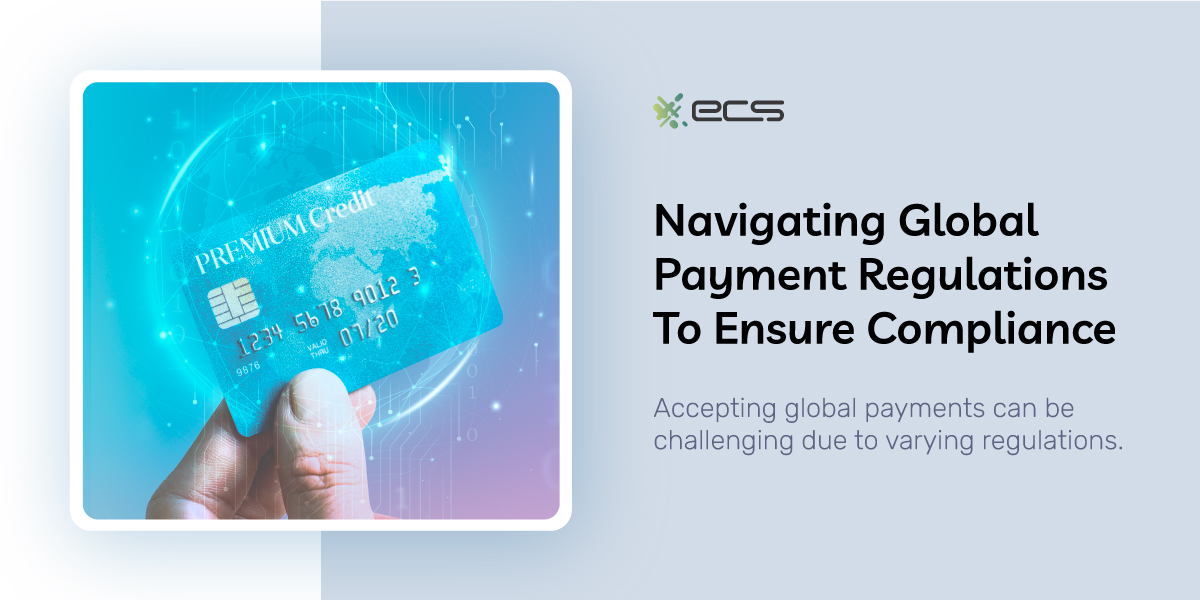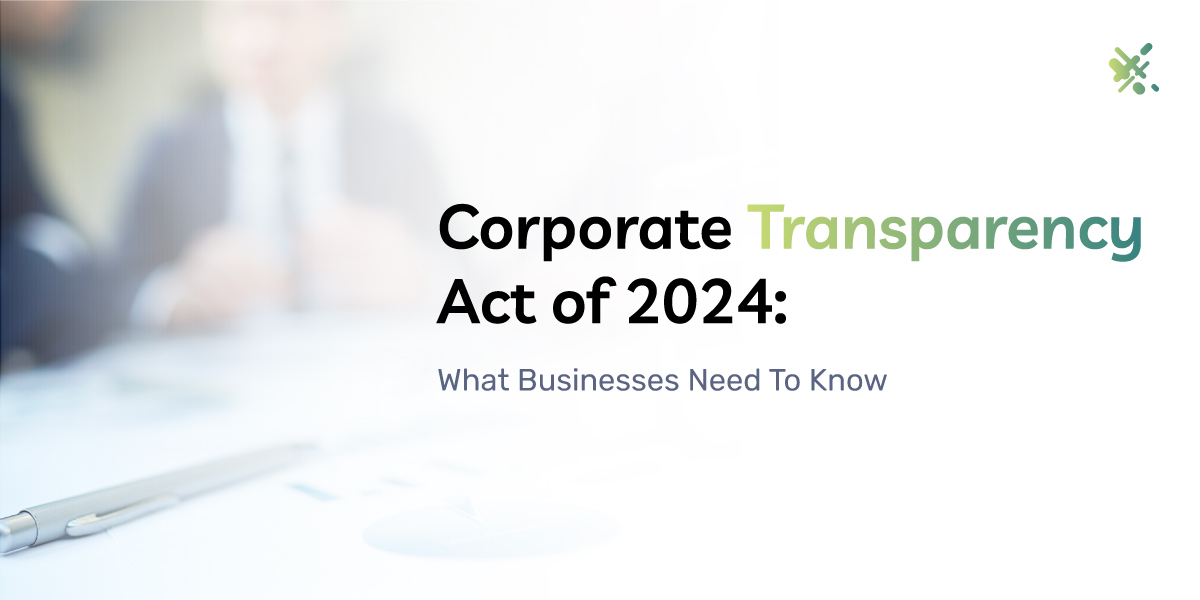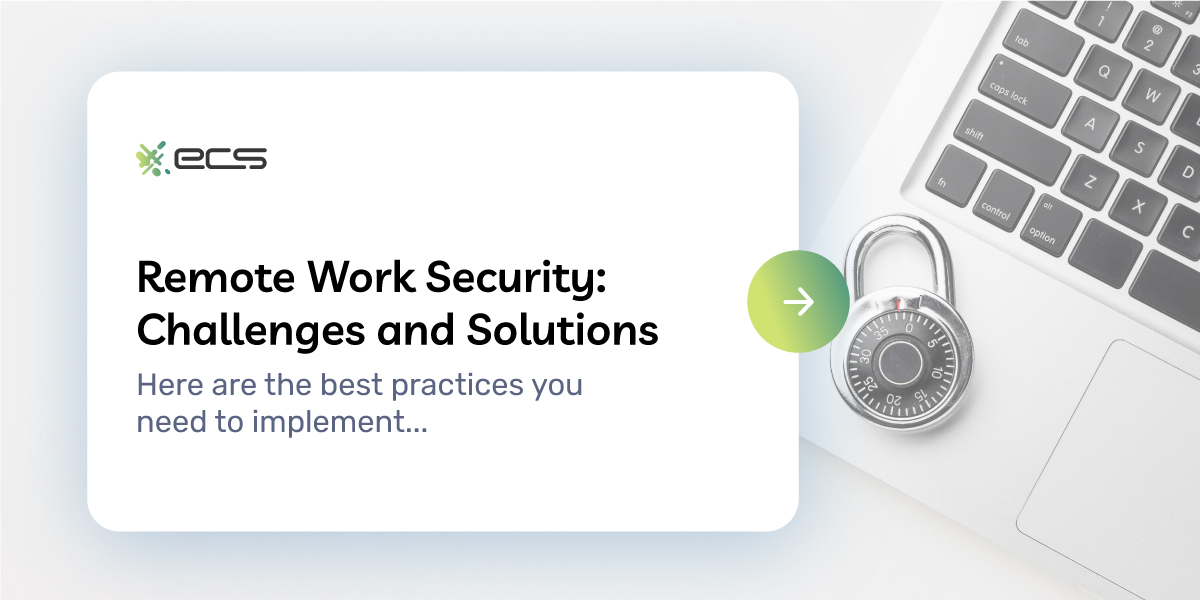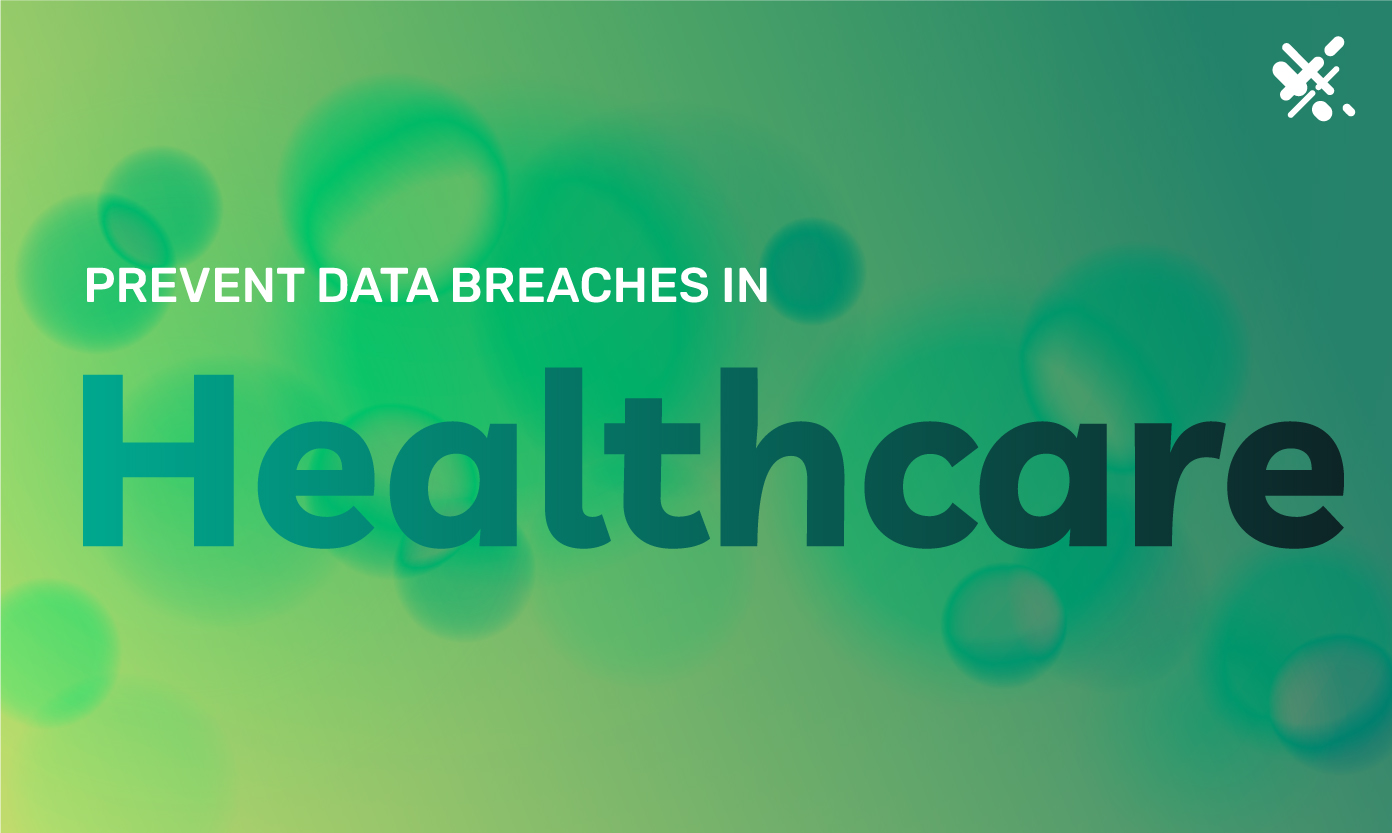Business Fraud Prevention
Fraud is on the rise. Are you surprised? According to the FBI, credit card fraud complaints increased 10% last year. Losses from said fraud increased 22%, with losses surpassing $12.5 billion. There’s no doubt that technology has leveled the playing field for cybercriminals.
AI and machine learning advancements have made it much easier for ambitious thieves to commit identity theft and credit card fraud. They can purchase consumer information on the dark web and use social media to create a pastiche of information—a sort of Frankenstein’s monster—for impersonating unaware consumers.
SMBs are particularly targeted for data breaches and cybercrime. Criminals know that SMBs may lack the resources that larger corporations can devote to cyber defense. Something as simple as a fraudulent email can become a Trojan Horse for a massive data breach.
Even the largest, most well-protected companies can fall prey to such schemes, as Target did in 2013. Can SMBs with less than 50 employees hope to fend off the ever-increasing onslaught of cyber-criminality, aided as it is by machine learning, AI, and cryptocurrency?
What about businesses that store customer credit card information for monthly payment processing? What about businesses with remote workforces? How can you tell a fraudulent, phishing email from a legitimate one? These are a few of the questions we’ll look at as we take a deeper dive into debit and credit card payments and fraud prevention.
Did you know that friendly fraud is also on the rise? This is a type of fraud where customers will misrepresent a transaction to take advantage of a legal landscape that favors consumer protection…but at what cost to businesses? Learn about how to avoid this type of fraud and others in our latest blog posts.
The Impact of Payment Fraud on Small Businesses and How to Protect Yourself
Small businesses face growing risks of payment fraud due to advancing technology and increased online transactions. This threat can cause significant financial and reputational damage, but implementing best practices can help protect against it.
Advancements in Biometric Authentication for Payment Systems
Payment solutions that use biometric authentication can provide a more secure transaction process, reducing fraud and potential chargebacks.
Digital Identity Verification and Payments
Digital identity verification enhances transaction security and streamlines KYC compliance by using advanced digital ID methods.
The Impact of Quantum Computing on Payment Security
With AI advancements and quantum computing on the horizon, payment security may be threatened. Here’s what you need to know as a business.
AI and Machine Learning in Fraud Detection
Machine learning and AI technologies have revolutionized payment security, enabling more efficient fraud detection systems for businesses.
Friendly Fraud: What Is It And How To Avoid It?
Friendly fraud does not involve third-party criminal activity. Rather, it occurs when a cardholder purposely or accidentally issues a chargeback.
Navigating Global Payment Regulations To Ensure Compliance
Accepting global payments can be challenging due to varying regulations. But, the potential rewards can be advantageous.
Fraud Management Solutions: Does Your Business Need One?
Layered fraud management solutions use various advanced methods to prevent fraud losses that can significantly affect businesses.
Corporate Transparency Act Of 2024: What Businesses Need to Know
The Corporate Transparency Act went into full effect on January 1, 2024 & It will impact millions of businesses.
Remote Work Security: Challenges and Solutions
Remote work security is essential for businesses that have employees working outside of the workplace.
11 Ways to Prevent Data Breaches in Healthcare
Over the past 15 years, 360 million medical records were compromised. To prevent data breaches in healthcare, implement security measures & educate staff.
Secure and Compliant Payment Processing for Healthcare Practices
HIPAA-compliant payment processing for healthcare facilities is crucial, ensuring secure, private, and legal transactions, safeguarding patient data and trust.
